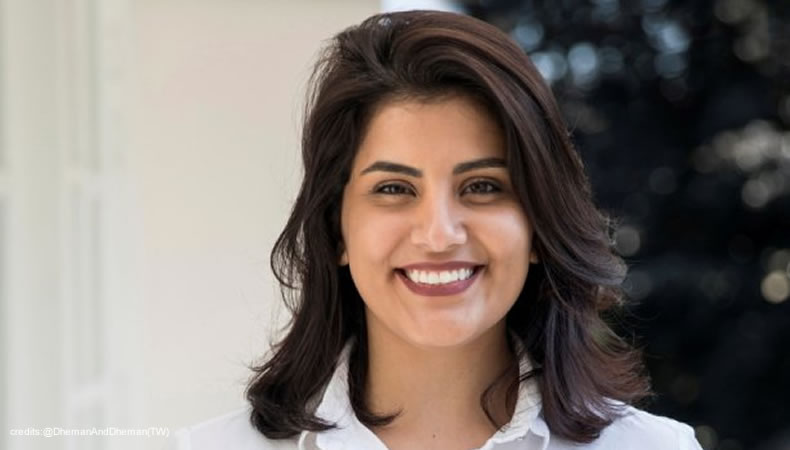Saudi Arabia releases women’s rights activist Loujain Al-Hathloul

After a thousand days in prison, Loujain al-Hathloul is free. Human rights activist, 31, Loujain has become known around the world for campaigning for the right of women in her country, Saudi Arabia, to drive cars. Arrested in May 2018, a few months before seeing that right finally recognized, she is home from today, her sister Lina joyfully announced on Twitter, stating that Loujain spent 1,001 days behind bars and also posting a photo of her.
Loujain al-Hathloul was sentenced last December by a criminal court set up to try terrorism cases to five years and eight months in prison, after being accused, according to Saudi sources at the time, of “inciting to change the government regime. of the Kingdom and having cooperated with individuals and entities to carry out a foreign agenda ». The sentence raised a wave of indignation and criticism around the world, later mitigated by the news that part of the sentence – two years and ten months – had been suspended. A concession, however, linked to a commitment by al-Hathloul to “not commit other crimes for another three years”, as her sister Lina once again reported.
Ms. al-Hathloul, 31, rose to prominence for having publicly challenged the ban on driving and other legal restrictions that Saudi Arabia imposed on women under the so-called guardianship system. In 2014, she tried to drive her car across the border from the United Arab Emirates into Saudi Arabia and was detained for more than 70 days, turning her into a household name.
This reduction, coupled with the time he had already spent in prison, led to his release today, albeit with the obligation to remain in Saudi Arabia for the next five years, according to what his family said.
The Loujain al-Hathloul affair has contributed from the beginning to increasing international pressure on the Saudi authorities, already accused on several occasions of contempt for human rights, especially after the atrocious murder of dissident journalist Jamal Khashoggi, in which he was even the de facto leader of the Kingdom, Crown Prince Mohammed Bin Salman, is implicated.
Her release could now ease the tension on Riyadh, in particular with Washington and with the new President Joe Biden administration, who has already shown that he wants to conduct a policy on respect for human rights that is far more severe than that of his predecessor Donald Trump. “It was the thing to do,” said the American president on a visit to the Pentagon on Wednesday.




